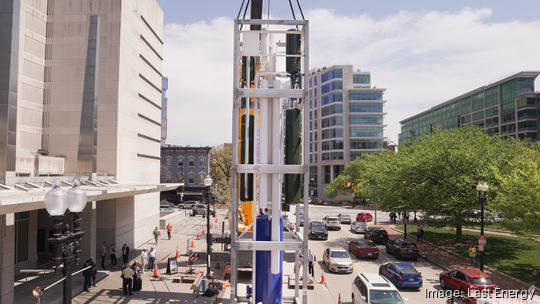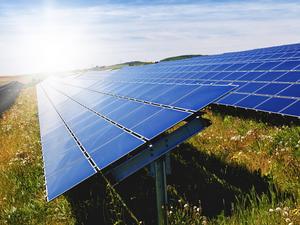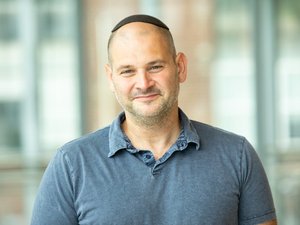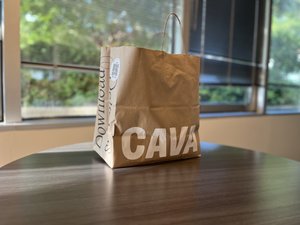
D.C. nuclear power startup Last Energy has raised $40 million to bring its small-scale power plants to markets across Europe.
The Series B round was led by Austin, Texas, venture capital firm Gigafund with participation from the San Francisco-based Autodesk Foundation and various family offices, the company said in an announcement early Thursday morning. It closed earlier this year, a spokesperson said, declining to share a more precise timeframe.
CEO Bret Kugelmass founded Last Energy in 2019, spinning it out of a D.C. think tank that he also founded — the Energy Impact Center — which advocates for the use of nuclear energy. A serial entrepreneur, Kugelmass previously founded and led a drone fleet technology company named Airphrame that sold in 2017.
Last Energy’s goal is to help solve the climate crisis by increasing the accessibility of nuclear power. Its microreactors are small-scale nuclear power plants that are faster and more cost-efficient to assemble but can still produce significant amounts of energy. Its target markets notably exclude the U.S. — for now, Kugelmass said — but include Poland, Romania and the United Kingdom.
“Our current priority is deploying in Europe in the 2020s, especially as industry and government there cohere around nuclear power as the best solution to the continent’s energy challenges,” Kugelmass said in an email. “With that said, we’re a proud American company, and it’s possible we’ll deploy in the U.S. down the road.”
The raise comes after the company closed a $20 million Series A round in 2021, according to PitchBook, and at least $3 milllion in funding in 2020.
So far this year, Last Energy, which counts Daniel Yates, the founder and former CEO of Arlington energy software company Opower among its board members, has nearly doubled its headcount to 70 employees and plans to keep hiring, with a focus on its offices in London and Warsaw.

About 50 of its staff are based at its D.C. headquarters at 1923 Vermont Ave. NW. While the company is pre-revenue, it has secured commercial agreements for 80 units. Plans are to have the first plant in place in 2026 and scale up to build 10,000 reactors in the next 15 years.
The reactor prototypes, which weigh about 22 tons and stand roughly 48 feet tall, are designed to be built in 12 to 24 months. The physical footprint of the eventual plants will be roughly a third of an acre.
Concerns around the safety of nuclear energy in the U.S. mean that roughly a dozen states have restrictions of some kind on its use — though support for the industry is mounting, with President Biden signing a law into place last month that will incentivize its growth.
And Last Energy is keeping an eye on any legal or regulatory changes that affect nuclear power in the U.S. “Any place a nuclear developer wants to deploy requires navigating licensing requirements around technology and safety, as well as permitting requirements around sites and projects,” he said.
“The U.S. and Europe both have rules governing these issues. Our position isn’t that one is better than the other, just that they’re different.”
Interest and demand for nuclear power both abroad and in the U.S. is being in driven in part by the need for clean energy — including for data centers. Indeed, nearly half of Last Energy’s current contracts comes from data centers, which have huge power requirements.
Separately, Last Energy signed an agreement with NATO earlier this year through which it will research NATO military base applications for its technology.




